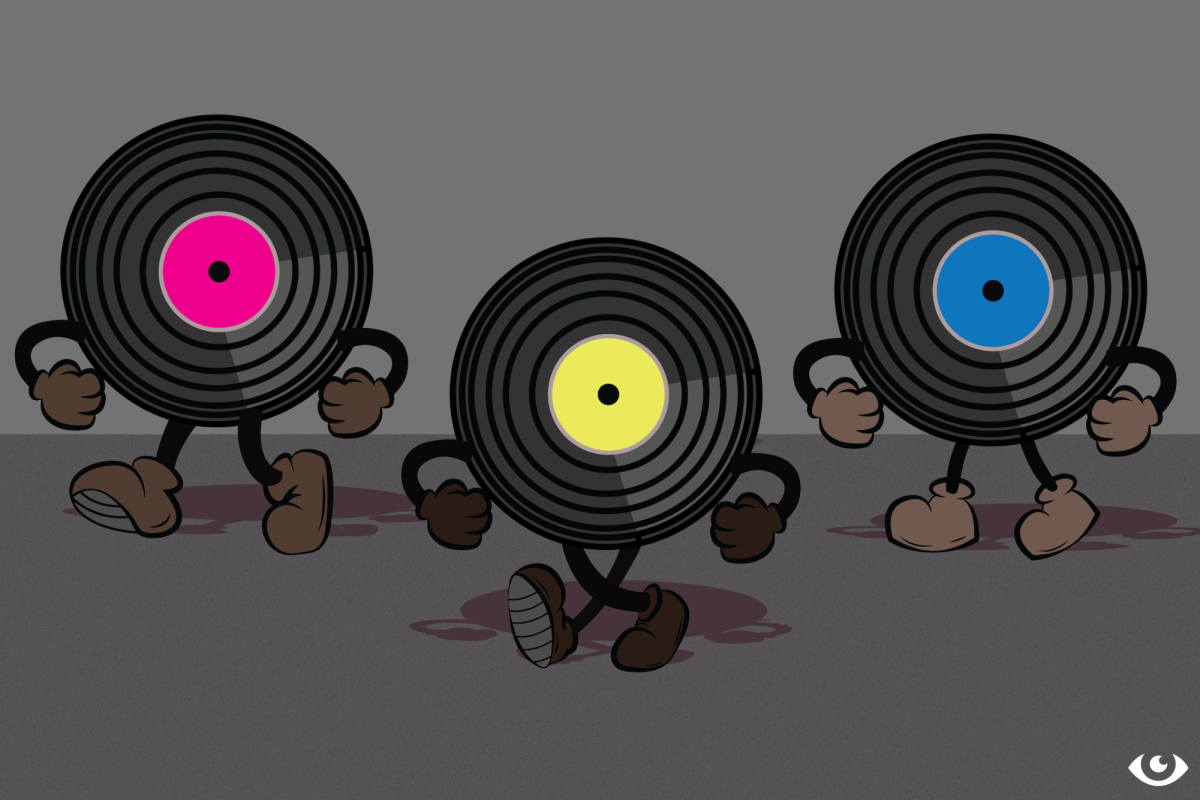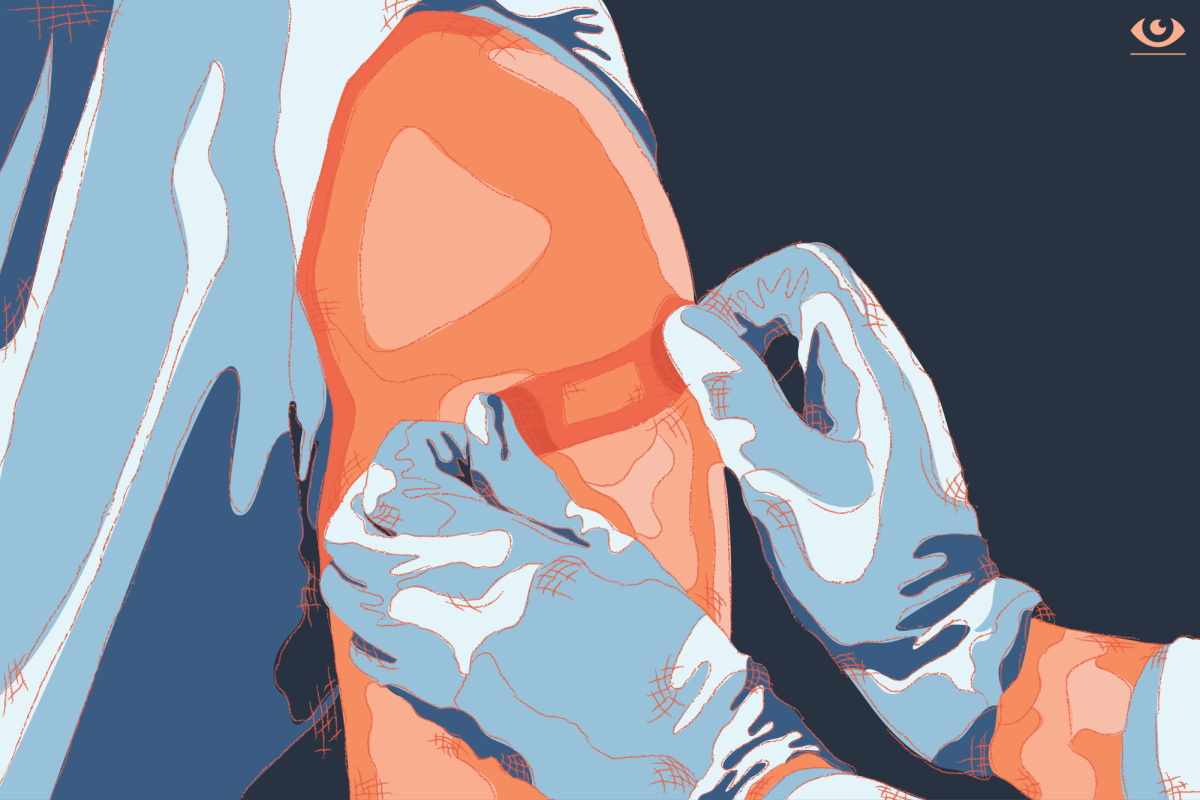Reverse racism does not exist.
The idea of reverse racism itself is that it’s the opposite of racism, meaning being racist towards white people, the ‘dominant’ race, instead of oppressed races. The definition itself is a contradiction. Can prejudice, stereotypes, and name calling be perpetuated by any race against any race? Yes; however, that is not the same thing as racism. Racism can be defined as the structural, systemic, institutionalized discrimination towards a race that is perpetuated in society.
Racism has real effects on people’s lives, like facing discrimination from social institutions such as schools, the government, the military, corporations, our justice system, and more on a daily basis. It’s harder for people of color to get a loan, buy property, get a job, get an education, get parole, get less jail time and a multitude of other things than if they were white, even if everything else about them and their life stayed the same.
Black people are more likely to face poverty, police brutality, and be paid less than their white counterparts for the same amount and quality of the same work. This is called privilege, AKA ‘The Other Side Of Oppression’. Privilege is the… let’s say product of the social hierarchy. Rich people are more privileged than poor, male than female, cis-het than LGBTQA+, white than people of color. Privilege depends on the amount of social power you have over the rest of society. If an employee walks into their boss’ office and tells them, “You’re fired,” the boss wouldn’t be affected because the employee doesn’t have the power in that situation. However if the boss tells the employee, “You’re fired,” the employee loses their job because the boss has the power in that situation. Even though they said the exact same thing, due to the power they each hold in the company hierarchy, only one of them was affected. That power comes from their position in the hierarchy.
Just like how when it comes to racism, one group has more power than the other, or privilege. Reverse racism is often brought up by white people who want to deny their privilege by saying they have faced racism too. Let me point out that you will never hear someone bringing up reverse racism before, or in order to start, a discussion about race. When the word ‘too’ is added onto a sentence, that sentence is saying ‘I know we were talking about that, but I want to talk about this instead.” It’s a distractor.
Reverse racism is commonly used as a distraction, to take the focus off of actual victims of racism and change the discussion to suit their desires. It’s most commonly used as a defensive tactic against accusations of racism to distract from and shut down the allegations and turn the scrutiny around onto the accuser while playing the victim. Some would argue that white people are, in fact, discriminated against, with rallying cries such as, “Affirmative action!” and the shocked exclamations of, “BET?! What about a WET?!?” Spaces exclusively for black people? What about US?! To them I’d say that in a world where white is the default, demanding that white people be included in the few things that aren’t made for them is like if in Harry Potter, on Christmas day Dudley Dursley demanded that he be given Harry’s only present in addition to his own 32 presents. At best, it’s redundant, greedy, and cruel. As for affirmative action, I’d ask if they knew exactly what it is and why it came about. The fact is that affirmative action doesn’t give people of color an advantage; it levels the playing field. When privilege is all you’ve ever known, equality can feel like oppression to some.
However, that’s no excuse for ignorance. Especially in this day and age, with the proliferation of the internet and social media, ideas of all kinds, fact and fiction, all flow into the digital monsoon that is the ‘age of information’. As a participant, it is your responsibility as to what ideas and ‘facts’ you perpetuate. As such, please tag, text, and tweet responsibly. Educate yourself and those around you about things that matter. Before you develop your stance on an issue, you need to know exactly what that issue is.









